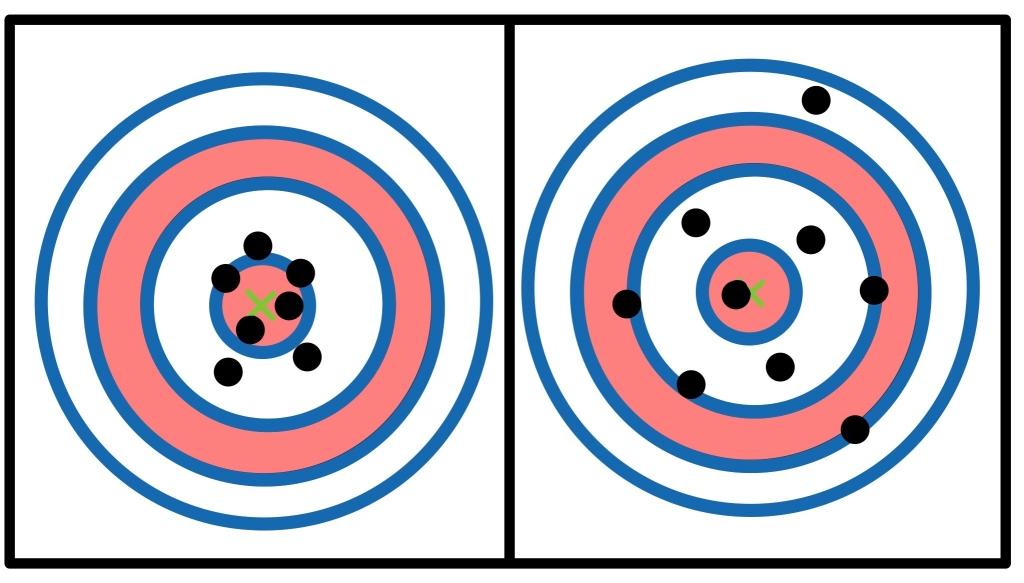In a world where technology tracks our every step, heartbeat, and even sleep patterns, the concept of monitoring our meals for fat loss seems like a logical progression. Yet, as the digital age offers us an abundance of apps promising to help shed those stubborn pounds, a question arises: is it truly necessary to record every bite we take to achieve consistent fat loss? This article delves into the heart of dietary mindfulness, examining whether meticulous meal tracking is a pivotal tool for success or an unnecessary burden in the quest for a healthier physique. Join us as we explore the nuances of this modern dietary debate, balancing the scales between precision and practicality.
Understanding the Role of Meal Tracking in Fat Loss
Meal tracking has emerged as a powerful tool in the journey towards fat loss, providing individuals with a clearer understanding of their dietary habits. By keeping a detailed log of what is consumed, one can identify patterns and make informed decisions about their nutrition. The benefits of this practice are manifold:
- Accountability: Knowing that every bite is being recorded can deter mindless snacking and promote mindful eating.
- Awareness: Tracking meals shines a light on hidden calories and nutritional gaps that might otherwise go unnoticed.
- Progress Monitoring: With data at your fingertips, it becomes easier to adjust dietary plans and measure the impact of changes on fat loss.
However, the necessity of tracking every single meal varies from person to person. While some find it crucial for maintaining discipline and focus, others may feel restricted or overwhelmed by the constant need to log their intake. The key is finding a balance that aligns with individual goals and lifestyle, ensuring that the process remains a supportive tool rather than a source of stress.

Balancing Precision and Flexibility in Dietary Habits
In the quest for effective fat loss, the tug-of-war between meticulous meal tracking and embracing dietary flexibility is a common conundrum. While tracking every morsel consumed can offer precision and a clear roadmap to caloric goals, it might also lead to burnout or an unhealthy obsession with numbers. On the other hand, a more flexible approach can promote a healthier relationship with food, allowing for intuitive eating and adaptation to life’s unpredictable moments.
- Pros of Precision: Offers accountability, helps identify patterns, and provides clear data for progress analysis.
- Benefits of Flexibility: Encourages mindfulness, reduces stress, and fosters long-term sustainability.
Finding a harmonious balance is key. Consider incorporating structured meal tracking during specific periods, such as when hitting a plateau, while allowing for intuitive choices during maintenance phases. By doing so, you can maintain progress without compromising your mental and emotional well-being.

Tools and Techniques for Effective Meal Monitoring
Incorporating effective tools and techniques can greatly enhance your meal monitoring journey, allowing for more consistent fat loss without the stress of tracking every single bite. Digital food scales are a popular choice, offering precise measurements that can help in understanding portion sizes. For those who prefer a more technological approach, smartphone apps like MyFitnessPal or Cronometer offer extensive food databases and intuitive interfaces for logging meals and tracking macros.
Consider utilizing a meal planning template to pre-organize your weekly meals. This not only saves time but also reduces the temptation of impromptu unhealthy choices. Mindful eating techniques can also be invaluable. Focus on eating slowly and savoring each bite, which can help in recognizing hunger cues and preventing overeating. embracing visual portion guides such as the plate method can simplify meal planning, ensuring balanced nutrition without meticulous tracking. By integrating these tools and techniques, you can create a sustainable and effective meal monitoring routine tailored to your lifestyle.

Expert Tips for Sustainable and Enjoyable Weight Management
Embarking on a journey towards sustainable and enjoyable weight management doesn’t have to mean meticulously tracking every morsel that passes your lips. Instead, focus on intuitive eating and mindful practices to foster a healthier relationship with food. Here are some expert tips to guide you:
- Listen to Your Body: Pay attention to hunger and fullness cues. Eat when you’re genuinely hungry and stop when you’re satisfied, not stuffed.
- Quality Over Quantity: Prioritize nutrient-dense foods like fruits, vegetables, lean proteins, and whole grains, which naturally promote satiety and provide essential nutrients.
- Stay Active: Incorporate regular physical activity into your routine. It doesn’t have to be intense—choose activities you enjoy to keep it sustainable.
- Mindful Eating: Slow down and savor your meals. This practice not only enhances enjoyment but also aids in digestion and portion control.
By embracing these strategies, you can achieve consistent fat loss while maintaining a balanced lifestyle, free from the stress of constant meal tracking.

